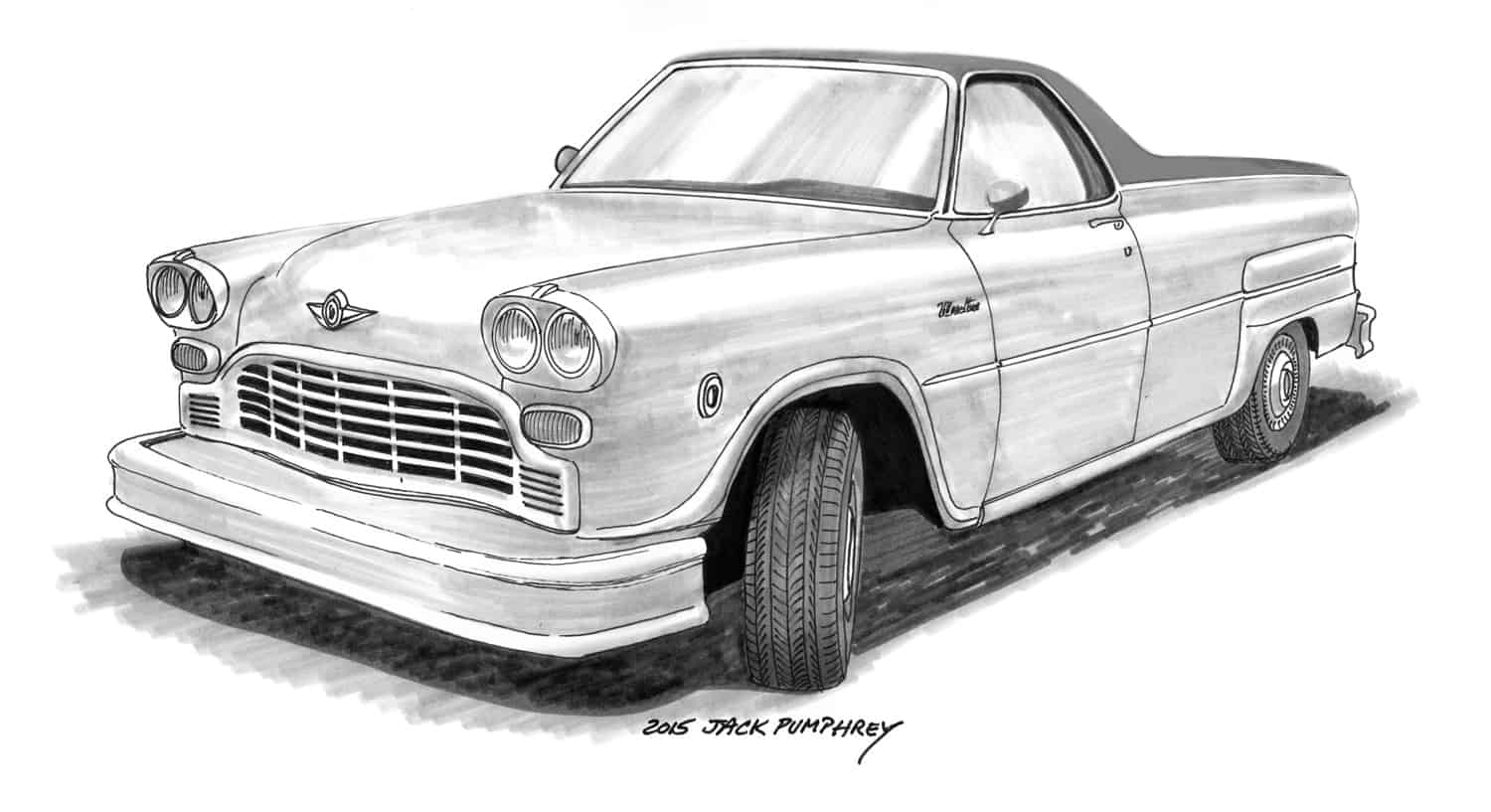At long last, the National Highway Traffic Safety Administration is issued its regulations regarding low-volume motor vehicle production and the start of sales of replica cars resembling vehicles produced at least 25 years earlier.
“SEMA applauds NHTSA’s final rule allowing companies to market classic-themed cars,” SEMA president and chief executive Chris Kersting said in a news release from the automotive aftermarket trade association that has been pushing for NHTSA to comply with its congressional mandate.
“Regulatory barriers have previously prevented small automakers from producing heritage cars for eager customers,” Kersting’s statement continued. “The roadblocks have been eliminated. Companies will be able to hire workers, start making necessary parts and components, and produce and sell cars.”
It was back in 2015 that Congress enacted a law streamlining requirements for small-batch automakers to produce replica vehicles, pending final guidelines from NHTSA. Congress mandated that those rules be announced by December 4, 2016. They finally were issued this week.
“The replica car law and implementing regulations allow a low volume manufacturer to construct up to 325 such replica cars a year, subject to federal regulatory oversight,” SEMA commented on the final regulations.
“Replica cars resemble production vehicles manufactured at least 25 years ago — from 1930s roadsters to 1970s muscle cars, and more,” SEMA noted. “Until now, the U.S. had just one system for regulating automobiles, which was designed for companies that mass-produce millions of vehicles. The new program recognizes the unique challenges faced by companies that produce a small number of custom cars.
SEMA noted that vehicles must meet current-year emissions standards, and that producers must register with NHTSA, the Environmental Protection Agency and California’s CARB departments before beginning production.
Among the changes are some exemption from the usual new-car safety standards. Previous regulations also forced replica producers to sell incomplete cars, usually without engines, which were then installed separately by the buyer or a specialty shop.
The new rules will allow manufacturers to sell complete turnkey cars. The NHTSA regulations apply to replica vehicles manufactured in the US and to those being imported into the domestic automotive marketplace.
A variety of companies, including the owners of the rights to Cord, Checker, DeLorean, among others, have been waiting for years to begin small-volume production.
“Enthusiasts still have the option to build a car from a kit,” SEMA pointed out, “but now they may also purchase a turn-key replica car.”





